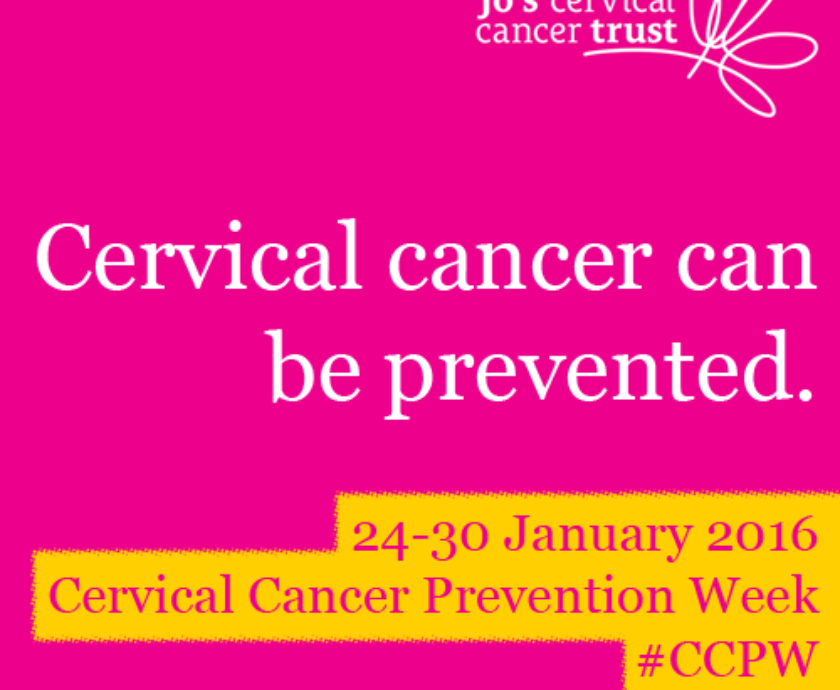On 26th and 27th March 2019, we joined representatives from across the Caribbean in attending the Healthy Caribbean Coalition’s workshop on conflict of interest (CoI). This event had a special focus on conflict of interest in non-communicable disease (NCD) prevention and control in the Caribbean.
This is going to be a two-part blog and in today’s piece we’re going to provide some background to conflict of interest and in part two we’ll provide some highlights from the HCC’s CoI meeting.
What is Conflict of Interest?
The World Health Organisation describes conflict of interest as:
“…circumstances where there is potential for a secondary interest to unduly influence, or where it may be reasonably perceived to unduly influence, either the independence or objectivity of professional judgement or actions regarding a primary interest.”
They also explain that:
“The existence of conflict of interest in all its forms does not as such mean that improper action has occurred, but rather the risk of such improper action occurring. Conflicts of interest are not only financial but can take other forms as well.”
Another definition of CoI comes from Public Health and Food and Beverage Industry Engagement: A Tool to Guide Partnership Opportunities and Challenges. They define CoI as:
“… where one engages in any private, personal or business undertaking or other activity in which one’s private or personal interest conflicts with one’s duties or responsibilities…”
For further clarity around the concept of CoI further explanations have been offered which categorise CoI into perceived, potential and actual and these are defined as follows:
- An actual conflict of interest occurs when there is a direct conflict between a person’s professional duties within an organisation and a competing interest or obligation, whether personal or involving a third-party.
- A potential conflict of interest arises where a person has an interest or obligation, whether personal or involving a third-party, that could conflict with their professional duties and responsibilities in the future.
- A perceived conflict of interest occurs where it could reasonably be perceived, or give the appearance, that a competing interest could improperly influence a person’s professional duties.
Additionally, CoI may be seen at the individual, institutional and structural levels.
By understanding and reflecting on these definitions we can recognise if we, or our organisation, may be conflicted. This will allow us to take steps to address this to ensure we are serving our primary interest – this is the one we committed to serve at the outset of our professional journey (in our case, improving the public’s health).
Conflict of Interest, the Caribbean and NCDs
Small Island Developing States (SIDS) like the Caribbean are presented with a unique set of circumstances which make the area of conflict of interest particularly challenging. The circumstances in question relate to the very small populations creating an unavoidable, overlapping, intertwined social and business environment. This means that individuals and organisations may have multiple competing interests. Therefore, staff working in organisations aiming to prevent and control NCDs may, at some point, find themselves in a number of difficult situations when it comes to CoI. This may include:
- Having a family member, friend or close associate working in an industry that produces products that are risk factors for NCDs
- Being offered funding, sponsorship or resources from companies that produce unhealthy products in a landscape where there are very limited funding and sponsorship opportunities
- Exploring a partnership with a company that produces both healthy and unhealthy products
- Being invited to take part in health campaigns by companies who produce products that are risk factors for NCDs (with there being no other companies to partner with to reach such a large audience)
- Developing NCD prevention and control policies with individuals and entities who have competing interests
In larger countries there are multiple options when there is a need to partner with individuals and organisations to implement projects to prevent and control NCDs so many of the above situations can be avoided. Therefore, their approach to conflict of interest centres on prevention.
In Small Island Developing States, many of these conflicting situations cannot be avoided so not-for-profit entities (as well as government departments) have to start to re-think their approach to conflict of interest, focusing on strategies to effectively manage conflict of interest.
The HCC’s Conflict of Interest Meeting
Historically, conflict of interest, in many cases, has been addressed with a global blanket approach that doesn’t delve into the complex, overlapping business and personal relationships as well as the challenging funding environment that exists in the Caribbean. A more bespoke approach is needed for the Caribbean and hence the HCC’s conflict of interest meeting brought organisations together for in-depth discussions on this issue. Time was also set aside to explore solutions through the review and testing of a new conflict of interest tool being developed by WHO/PAHO as well as the review of a conflict of interest policy and guide being developed by the HCC. This meeting was very informative and we were delighted to have attended.
Coming Up Next Time
In part two of this blog we’ll summarise the highlights from the meeting, but in the meantime, for further information on conflict of interest you can explore the documents in our reference list below. We also encourage anyone working in public health in a Small Island Developing State to develop an approach to managing CoI to ensure the credibility and integrity of their organisation remains intact.
References
- The Healthy People and Communities Steering Committee’s Multi-Sectoral Partnerships Task Group, 2014. Public Health and Food and Beverage Industry Engagement A Tool to Guide Partnership Opportunities and Challenges, Ontario, Canada: The Healthy People and Communities Steering Committee’s Multi-Sectoral Partnerships Task Group, May 2014.
- University of Southern Queensland. Conflicts of Interest. [Online]. Available at <https://www.usq.edu.au/hr/empcond/conflicts> [Accessed on 3rd April 2019]
- WHO, 2016. Framework of Engagement With Non-State Actors. [Meeting Proceedings] 28th May 2016. Sixty-Ninth World Health Assembly.
- WHO, 2015. Addressing and managing conflicts of interest in the planning and delivery of nutrition programmes at country level. Report of a technical consultation convened in Geneva, Switzerland, on 8–9 October 2015.












